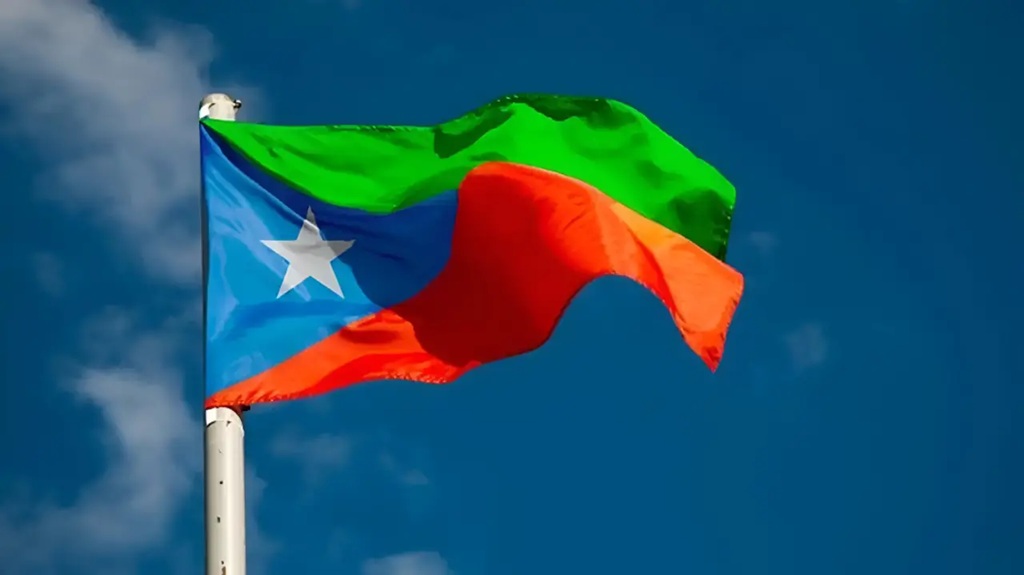In a historic and controversial move, the Republic of Balochistan has announced its independence, marking the emergence of a new sovereign entity in South-Central Asia. For decades, Balochistan has been at the heart of regional unrest, separatist sentiment, and calls for autonomy. Now, with a formal declaration of statehood, the region enters a new chapter—one that promises both hope and uncertainty.
Historical Struggles and National Identity
Balochistan spans a vast, arid region across southwest Pakistan, southeastern Iran, and parts of southern Afghanistan. With a distinct ethnic, linguistic, and cultural identity, the Baloch people have long felt alienated and marginalized by central governments—particularly Islamabad.
Since the region’s controversial annexation into Pakistan in 1948, waves of insurgency and political movements have called for either autonomy or outright independence. The Baloch nationalist movement is rooted in opposition to resource extraction without local benefit, suppression of political voices, and the underrepresentation of Baloch people in key institutions.
The Independence Declaration
In a dramatic turn of events, exiled Baloch leaders, backed by diaspora communities and underground political organizations, officially declared the formation of the Republic of Balochistan. A provisional government-in-exile has been announced, and the leaders have issued a call to the United Nations and global powers to recognize the fledgling state.
Key points from the declaration include:
A demand for international recognition based on the right to self-determination
A promise to establish a secular, democratic republic
The protection of ethnic, religious, and gender minorities
The drafting of a new national constitution
A roadmap for free and fair elections
A Strategic and Geopolitical Earthquake
Pakistan's Reaction
The declaration is viewed in Islamabad as an existential threat. Balochistan makes up nearly half of Pakistan’s land area and contains critical assets like the Gwadar Port, a linchpin in the China-Pakistan Economic Corridor (CPEC). Pakistan’s government swiftly condemned the announcement, labeling it a foreign-backed plot and promising to quash any separatist movement.
China's Stakes
China has invested billions in Balochistan under its Belt and Road Initiative. The region’s sudden shift jeopardizes Beijing's strategic and economic interests, particularly if the new republic challenges existing agreements or calls for renegotiation. China will likely oppose any international recognition of the new state.
Regional Unrest in Iran and Afghanistan
Both Iran and Afghanistan are home to sizable Baloch populations. There are growing concerns that the establishment of an independent Balochistan could inspire separatist sentiments in those countries, threatening internal stability. As of now, Tehran and Kabul have remained officially silent, likely watching developments with deep apprehension.
Challenges Facing the Republic of Balochistan
Declaring independence is just the beginning. The Republic of Balochistan now faces the herculean task of building a nation from scratch amid intense regional hostility.
1. Lack of International Recognition
No country has formally recognized Balochistan as a sovereign state. Without diplomatic recognition, the new republic cannot join international bodies, establish embassies, or access global financial systems.
2. Security Risks
Balochistan remains a contested territory. Clashes between nationalist militias and Pakistani forces are likely to intensify. An armed confrontation could severely disrupt any attempts at peaceful transition and development.
3. Economic Uncertainty
Despite its vast reserves of natural gas, gold, copper, and uranium, Balochistan suffers from widespread poverty and poor infrastructure. Years of underdevelopment mean the new government must prioritize economic planning, investment, and rebuilding core public services.
4. Governance and State-Building
A provisional government has been announced, but actual institutions—judiciary, law enforcement, civil services—are yet to be established. The republic must quickly transition from revolutionary politics to responsible governance to gain credibility.
5. Social Cohesion
While Baloch identity drives the independence movement, the region is ethnically and sectarian diverse. Pashtuns, Hazaras, Brahuis, and other minorities live in the region. A successful Balochistan must embrace pluralism to avoid internal strife.
A Vision of the New Republic
Despite immense challenges, the interim leadership of the Republic of Balochistan is projecting a vision of hope, inclusion, and progress. The early framework of the state includes:
A civilian-led democratic government
Equal rights for women and minorities
A transparent resource policy focused on local empowerment
A foreign policy aimed at peaceful coexistence and international cooperation
There are also strong calls for establishing ties with international human rights organizations, NGOs, and legal experts to aid in constitution-drafting and institution building.
The Road Ahead
The world has witnessed the birth of new nations before—from South Sudan to Timor-Leste—each with its own complex path. Whether Balochistan succeeds in achieving international legitimacy, internal unity, and sustainable development remains uncertain. The journey ahead is precarious.
However, what is certain is that the voice of the Baloch people—long silenced or ignored—has now entered the global stage with renewed strength and clarity. As the Republic of Balochistan seeks to take its place among the family of nations, the world must decide: will it listen, engage, and support this new democracy, or turn a blind eye to yet another cry for self-determination?
